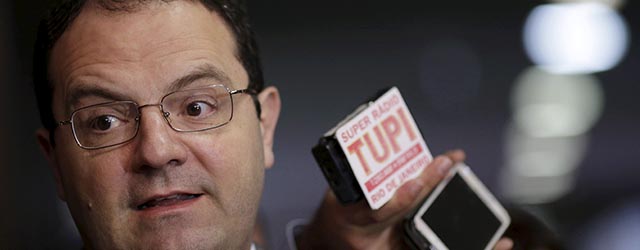Brazil: The Banco Central do Brasil gave new Finance minister Nelson Barbosa a bit of help on January 20, when it decided to hold the short-term interest rate, the Selic, to 14.25%.

The move surprised the markets, which had expected an inflation-fighting hike to 14.75%, and fueled criticism that the bank takes orders from the government. Local media reported that president Dilma Rousseff had pressured Banco Central president Alexandre Tombini—indeed, Rousseff was reported to have said several days earlier, “The central bank is autonomous, but not independent.”
When he replaced the hawkish Joaquim Levy in December, pro-growth Barbosa promised to balance the budget in 2016 and put Brazil’s recession-mired economy on the road to recovery. Government officials have told Global Finance he is the “ideal minister” for the moment. Affiliated with Rousseff’s Workers’ Party, he has been her favorite adviser since 2011.
But few would want his job. (Levy held it for less than a year.) The IMF has drastically reduced its GDP forecasts for Brazil. Its most recent outlook projects negative growth of 3.5% in 2016, down from a 1% contraction in the October outlook, and flat growth in 2017 rather than a 2.3% increase. These worsening projections and the poor political climate in Brasília are likely to make Barbosa’s life as difficult as his predecessor’s.
He and Rousseff have admitted the economy needs new policies. Barbosa expects congressional approval to revive an old bank transaction tax by June and says he intends to push for retirement and tax reforms, as he stressed during the World Economic Forum. He is also expected to announce further cuts in government spending. But Workers’ Party leaders see such measures as heresies—and also think the central bank should be cutting interest rates, not leaving them where they are.
Barbosa’s fiscal goal may be attainable with congressional support, but meanwhile, he and Rousseff could face investigation for manipulating the budget in 2014, when he was Planning minister. Some say the charge is a trumped-up ploy to discredit the administration.



